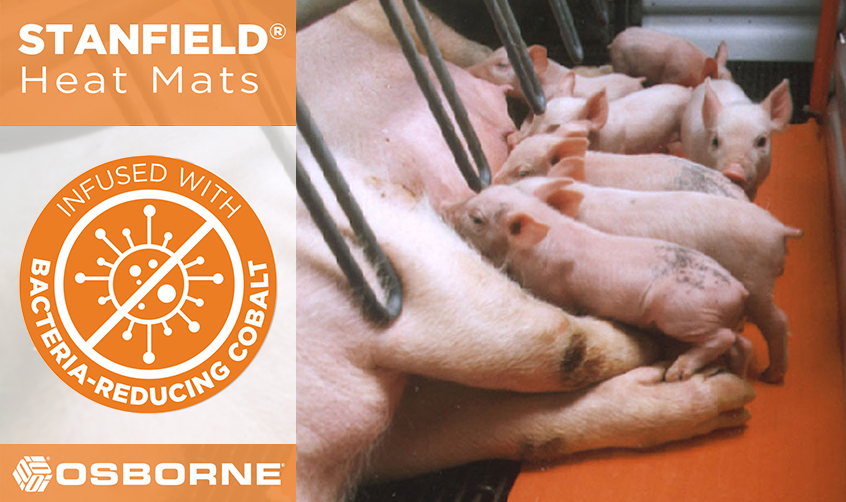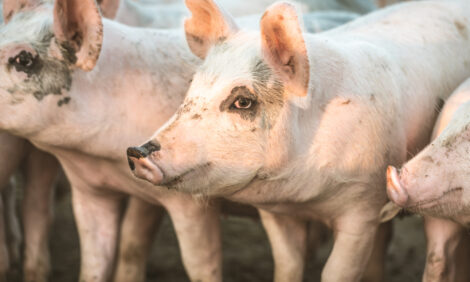



Animal Handling Improvements Deserve Recognition, Says Grandin
US - The US beef industry has made huge strides in livestock handling in recent years but has done a poor job explaining that to the public, said leading animal behaviour expert, Temple Grandin.Grandin encouraged the industry to be more transparent with the general public. "Ag has done a rotten job of communicating," she added.
Grandin spoke at the University of Nebraska-Lincoln as part of the Institute of Agriculture and Natural Resources' Heuermann Lectures.
Grandin, an animal sciences professor at Colorado State University, has had a major impact on the meat and livestock industries worldwide through her research, development and outreach on use of low-stress, behavior-based livestock handling techniques and design of animal handling facilities.
Half the cattle in North America are handled in equipment she has designed for meat plants, said Ronnie Green, Harlan vice chancellor of IANR and University of Nebraska vice president for agriculture and natural resources.
Grandin said her autism has played a key role in her work because it attunes her to visual details that can distress cattle, pigs and other livestock but go unnoticed by most people.
Changes in flooring surface, reflections, shadows, even something as simple as a dangling chain all can unnerve animals and make them harder to handle, Grandin said.
"I got down in the chute to see what the cattle were seeing," she recalled. "People thought that was crazy."
Grandin said livestock handling in the '70s and '80s was terrible, but both equipment and management practices are vastly better now. However, both the media and public still seize on occasional instances of mishandling and treat them as if they are the rule rather than the exception.
"One of the things that frustrates me is we've improved a lot of this and nobody knows about it," Grandin said. "When I first started, maybe 10 to 20 per cent did a decent job of handling animals. Now it's 80 per cent."









